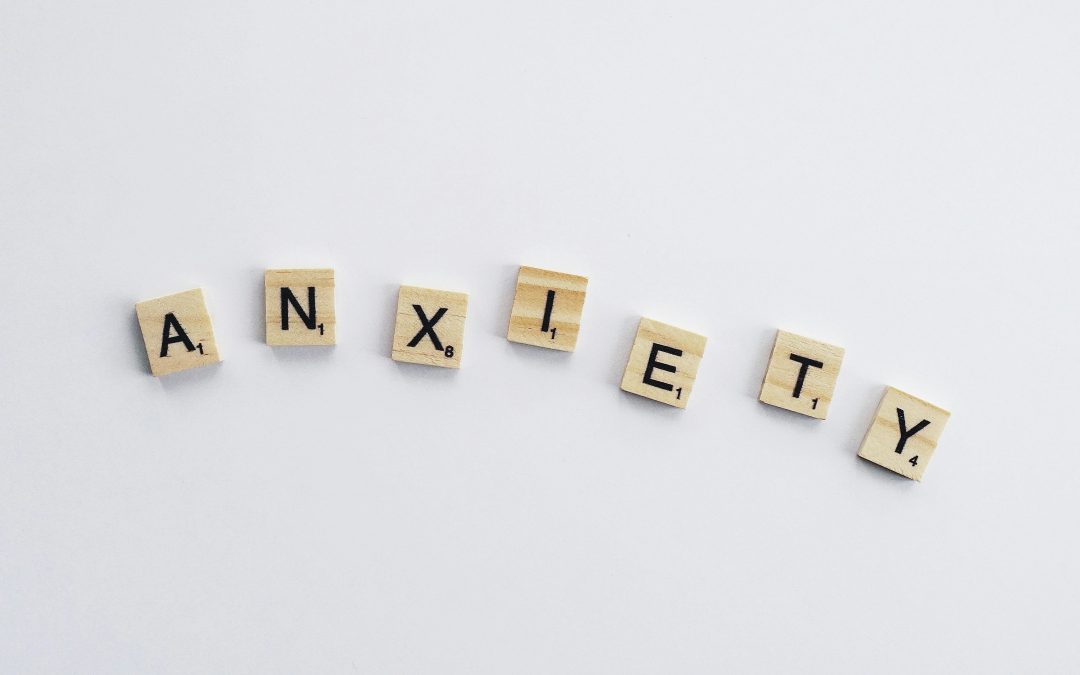I was about 25 years old when I first learned the term anxiety. Until that time I was not aware such a feeling existed. Fear I knew well. Having grown up in a family where my father was chronically ill and eventually died when I was in 10th grade. The uncertainty of not knowing if he would be alive in the morning, or if an ambulance passing me on the street was on its way to my house, generated the feeling of fear and I had learned to live with it. Even after my dad died, the absence of his rational, practical thinking created a void in our home that was filled with fear. The difference between anxiety and fear is the perception of a threat. Fear is the physiological
response to the perception of a threat. Anxiety is that same feeling, but the threat is not as easily identified, or understood. Waking up in the morning to learn my father had gone to the hospital by ambulance, once again, was a discernable threat. But in the years after he died, when the threat of his passing had already passed, and the fear lingered, I had become chronically anxious.
And in that state, I imagined rather than perceived threats. “What if” thinking became a daily occurrence and I tried to prevent disasters by imagining the worst possible outcome of any given situation and making a plan to deal with it. The idea that thinking of potential threats could prevent them is known as superstitious thinking. Today anxiety has become more than a feeling. To some, it is an identity, and they refer to it as “my anxiety.” Others identify with the label of a diagnosis – Anxiety Disorder, PTSD, OCD, Phobias –are all expressions of anxiety. The availability of information on the internet has made these diagnoses not just well-known but desirable. It seems that anyone who is anyone needs to carry a label.
What we have forgotten, or perhaps have never been aware, is that anxiety is a normal human experience. The constant stimulation offered in our ever-changing culture, the history of uncertainty and violence we carry in our DNA, the ease at which the primitive fight-or-flight response can be activated in our limbic system, all contribute to this feeling. In fact, the Bible addresses the feeling of fear more than it addresses love, or any other safe feeling. Cognitive Behavioral Therapy teaches us to label anxiety and fear and then identify the threats we are perceiving, if any. In doing so we train our brain to activate our ability to think, not just to ‘feel our thoughts.’
Once we access our thinking brain, we can learn to think rationally. We can assess which thoughts are rational and reject the irrational thoughts. We can choose to think in more flexible ways and learn to cope with our feelings by changing and challenging our thoughts. In doing so we are not doomed to live a life of anxiety. Our lives can then be formed into what we want, or at least closer to what we want. The irony is that we feel afraid to do this. We don’t like the fear, yet we fear change, even it if it is simply changing our thinking. Bravery is the decision to act despite the fear, it is not the absence of fear. Anyone engaging in CPT therapy must summon bravery. Since bravery is an action and not a feeling, you can make the decision to be brave today.
View More
Coping with Anxiety
I learn as much from my clients as they learn from me, which is why my life is richer and more fulfilling because of the work I do. Recently, a client returned to treatment to focus on an eating disorder. I had already successfully treated her for an anxiety disorder...
Grief vs. Depression
Clients have come to therapy and asked me what the difference is between feeling sad and being depressed. When I hear that question, I often come to find the sadness they are feeling is not so much depression, but a grieving experience. Grief is a process – a series...
Personality Disorders
Personality is the way a person thinks and acts in the world. There are many personality traits. No two people have the same traits in the same way. All personality traits are helpful in the right context, but some people have such limited traits that they do not have...





0 Comments